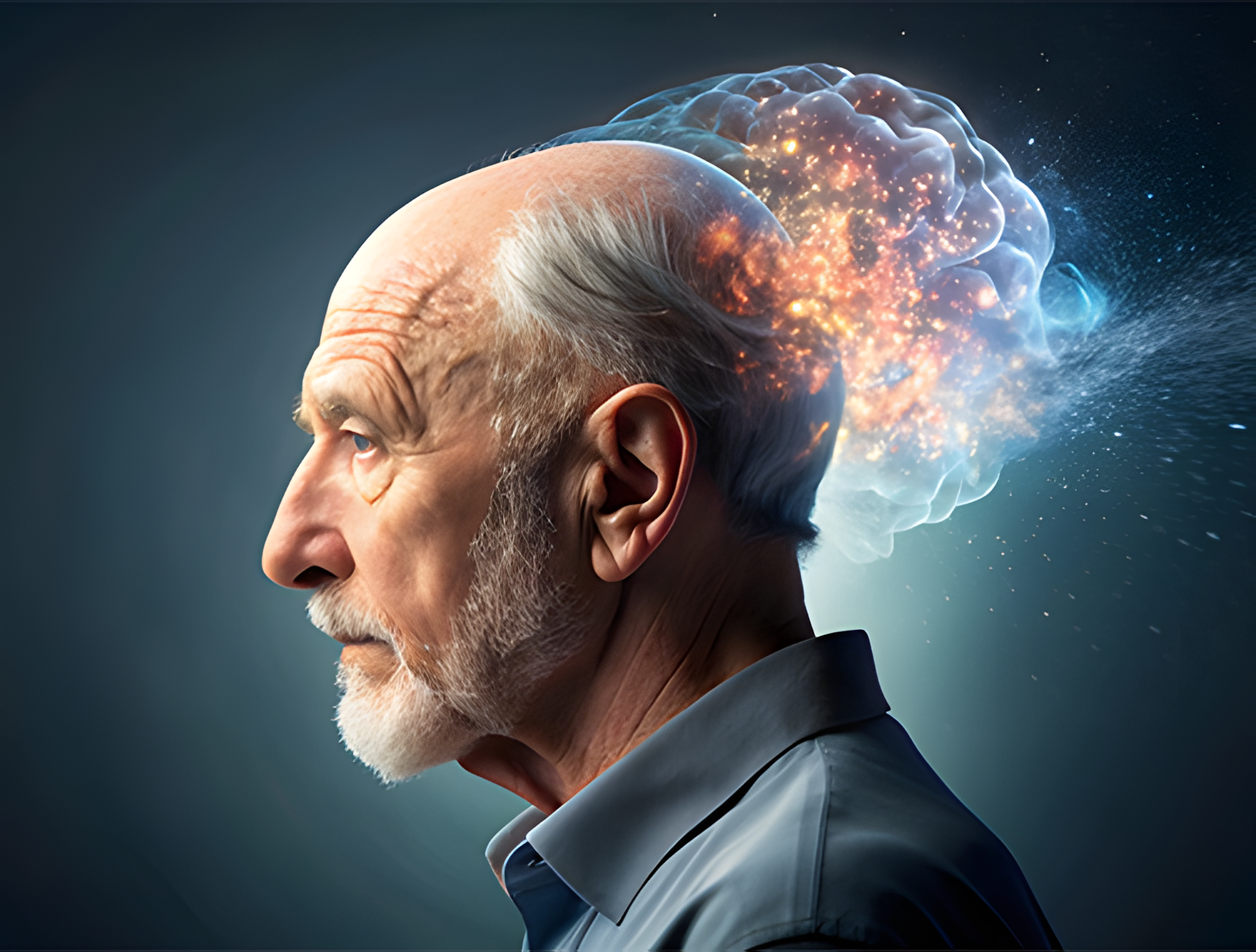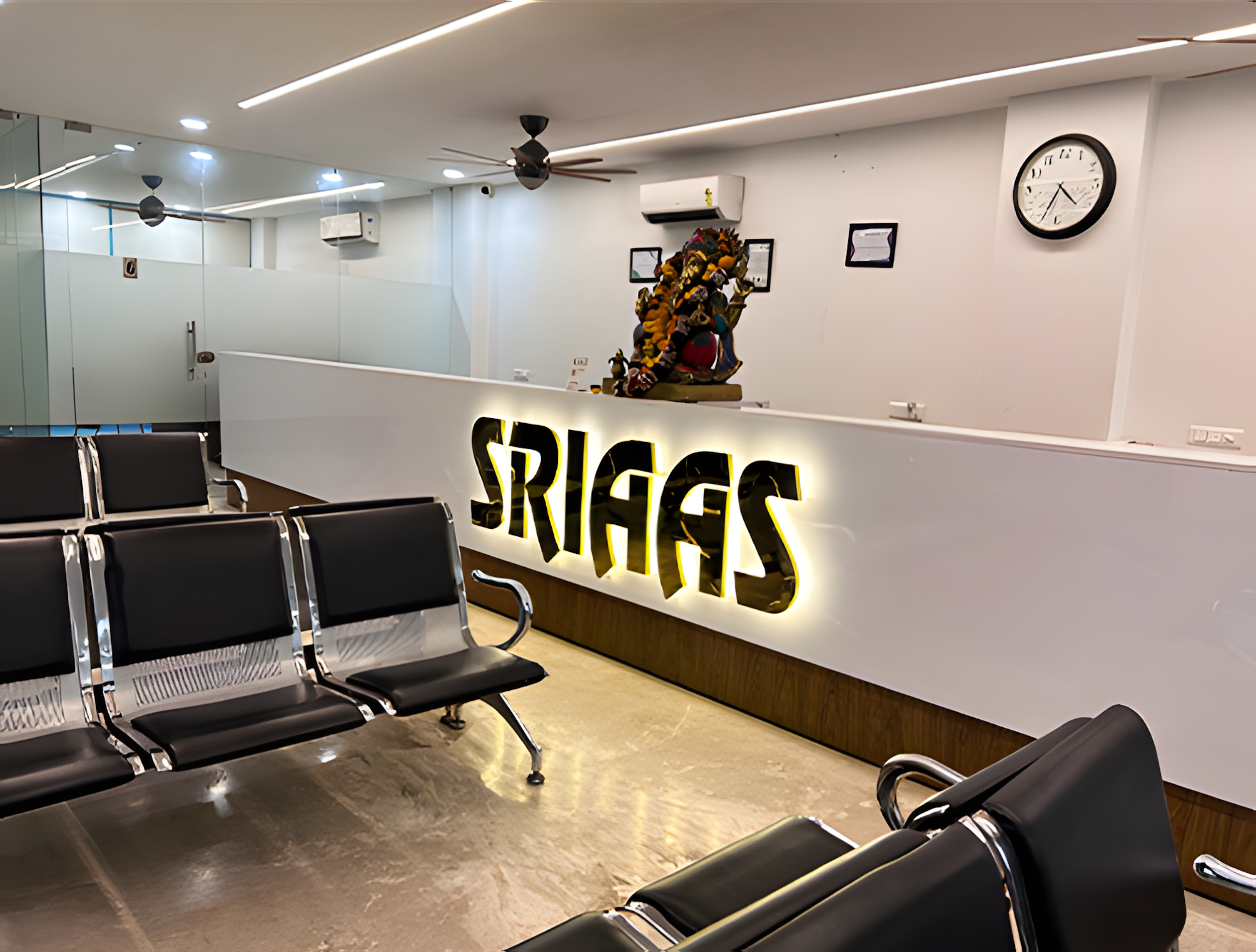Ayurvedic Treatment for Parkinson’s Disease A Natural Approach to Healing
You're not alone. There’s help, hope, and support available to improve quality of life.
You're not alone. There’s help, hope, and support available to improve quality of life.
Years of Experience
Happy Parkinson’s Patients
Days a Week Open
5-Star Rated Excellence

Parkinson’s disease is a progressive neurological disorder that affects movement and can cause tremors, stiffness, and difficulties with balance. While modern medicine offers various treatments, Ayurveda focuses on restoring the balance within the body and mind, which can support symptom relief and improve functional health.
Parkinson’s disease is a progressive neurological disorder that affects movement and can cause tremors, stiffness, and difficulties with balance. While modern medicine offers various treatments, Ayurveda focuses on restoring the balance within the body and mind, which can support symptom relief and improve functional health.
Parkinson’s disease is a progressive neurological disorder that affects movement and can cause tremors, stiffness, and difficulties with balance. While modern medicine offers various treatments


Ayurveda treats Parkinson’s disease by balancing the body’s three doshas (Vata, Pitta, and Kapha), which are believed to govern physical and mental health. In Parkinson’s disease, it’s often an imbalance in Vatadosha that leads to movement disorders. Ayurvedic treatment aims to:
Our personalized treatment plans incorporate a variety of natural therapies, including:
Natural herbs like Ashwagandha, Brahmi, and Turmeric that support brain health and reduce inflammation.
Detoxification treatments to cleanse the body of toxins and restore energy balance.
Therapeutic oils to relax muscles, improve circulation, and reduce rigidity.
Customized nutrition plans to support brain function and overall health.
To improve flexibility, mobility, and mental well-being.
We specialize in providing Ayurvedic treatments for individuals with Parkinson’s disease and other neurological conditions. Our team of certified Ayurvedic doctors and therapists work together to create a safe and effective plan that aligns with your health goals.
Holistic Approach: Ayurveda addresses the root cause of the disease and works on the body, mind, and spirit.
Natural & Safe: Herbal remedies and therapies are gentle on the body and free from side effects commonly associated with medications.
Personalized Care: We develop individualized treatment plans tailored to your unique health needs and goals.
Long-term Benefits: Ayurveda focuses not only on symptom relief but also on improving overall vitality and quality of life.

